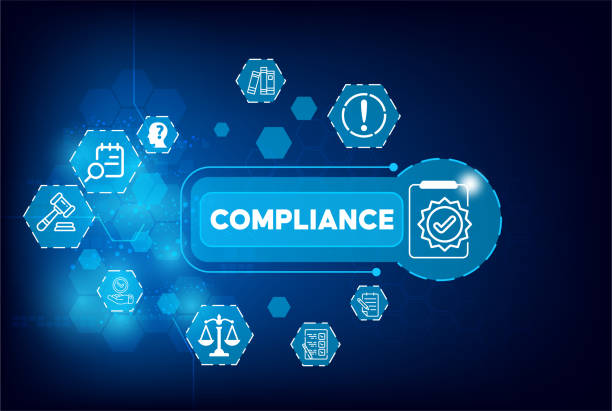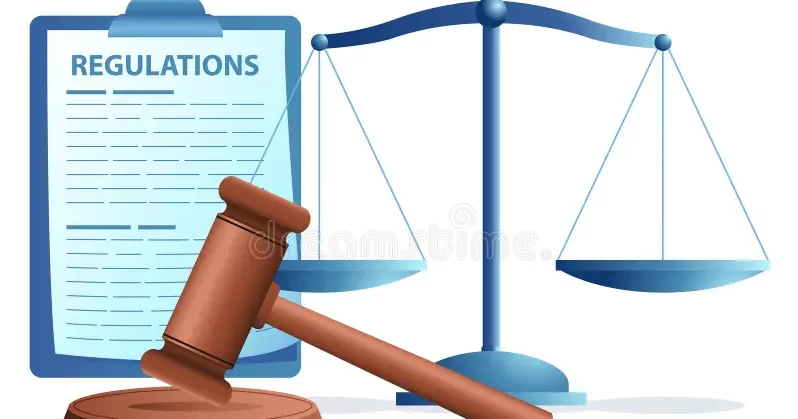Introduction
In the heart of Nigeria, from the bustling streets of Lagos to the corridors of power in Abuja, businesses are thriving. But with great success comes great responsibility, especially when it comes to contracts.
Picture this: Two young entrepreneurs, Chike and Taiwo, were about to launch their tech startups in Abuja. Excitement filled the air as they dreamed of becoming the next big thing in the Nigerian tech scene. They secured a partnership with a venture capital firm, thinking they had hit the jackpot. But alas! A dispute over the agreement’s terms led to a costly legal battle that almost shattered their dreams.
This story is a stark reminder of why contract compliance is crucial in our Nigerian business landscape. A poorly drafted contract can lead to trouble that no one wants to face. So, let’s arm ourselves with knowledge and ensure our businesses stand strong and protected. In this first part of our two-part series, we’ll explore the legal requirements and essential clauses for contract compliance in Nigeria. Don’t forget to check out Part 2, where we’ll dive deeper into risk management, dispute resolution, and compliance audits.
Understanding Legal Requirements
Before we start drafting contracts, we must familiarise ourselves with the legal framework governing contracts in Nigeria. Here are the key pieces of legislation you need to know:
- Nigerian Contract Law: This is the foundation of all contract-related matters in our country. It outlines the general principles and rules that apply to contracts.
- Consumer Protection Act: If your business deals with consumers (and let’s face it, most of us do), you need to pay attention to this act. It sets out specific requirements and protections for consumers.
- Industry-specific regulations: Depending on your business line, additional regulations might be needed. For example, if you’re in the financial sector, you’ll need to comply with Securities and Exchange Commission rules. If you’re planning a merger or acquisition, the Federal Competition and Consumer Protection Commission has guidelines you must follow.
Mandatory Clauses
Now, let’s talk about the clauses that must be included in your contracts. These are non-negotiable, so make sure you have them:
- Terms of payment: Be clear about when and how payments should be made. Don’t forget to include interest rates and penalties for late payments.
- Liability: Define who’s responsible for what if things go wrong. This is crucial to protect your business interests.
- Dispute resolution: We hope it never comes to this, but it’s wise to specify how you’ll resolve disputes. Will you use mediation, arbitration, or go straight to court?
- Termination: Outline the conditions under which either party can end the contract and what happens after termination.
Drafting Clear and Unambiguous Terms
When drafting your contract, remember these key points:
- Clarity in language: Use simple, straightforward language. Avoid big grammar that will confuse people. We’re not trying to impress anyone with legal jargon here.
- Avoid ambiguity: Be precise in your wording. Don’t leave room for misunderstandings that could lead to problems later.
- Include definitions: If you’re using technical or industry-specific terms, make sure you define them clearly.
Ensuring Fair and Balanced Terms
Lastly, make sure your contract is fair to all parties involved:
- Avoiding unfair terms: Don’t try to outsmart the other party with one-sided provisions. A fair contract builds trust and lasting business relationships.
- Complying with the Consumer Protection Act: If you’re dealing with consumers, make sure your contract aligns with this act. It protects consumers’ rights and prohibits unfair terms.
Conclusion
As we wrap up this first part of our guide on contract compliance in Nigeria, let’s quickly recap the key points:
- Understand the legal requirements governing contracts in Nigeria
- Include mandatory clauses in your contracts
- Draft unambiguous terms
- Ensure fair and balanced terms for all parties involved
Remember, proper contract compliance is not just about protecting your business; it’s about building trust and fostering long-term relationships in our vibrant Nigerian business community. Stay tuned for Part 2 of this guide, where we’ll delve into risk management, dispute resolution, and compliance audits.
Disclaimer: While this blog post provides general information, it’s not a substitute for legal advice. It’s always recommended to consult with a lawyer for specific legal counsel








